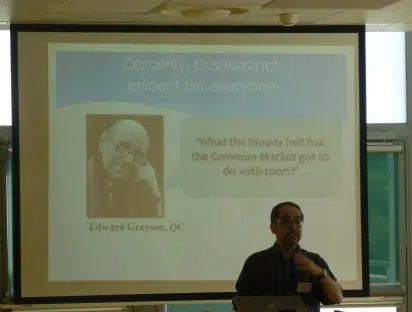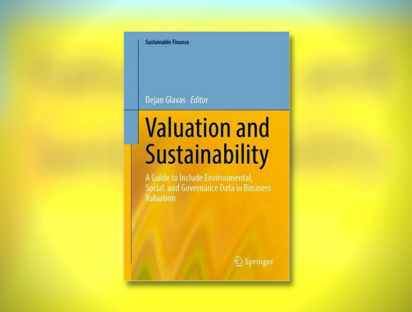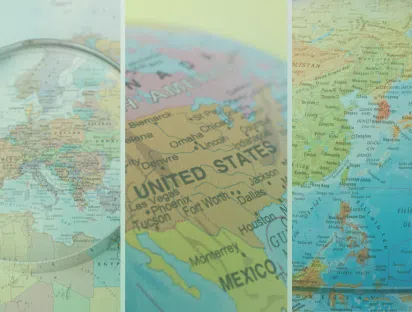Date: Wednesday 23 – Thursday 24 April 2025
Convenor: EU*Asia Institute at ESSCA School of Management
Venue: ESSCA Lyon, 4 Pont Pasteur, 69007 Lyon, France & Online via TEAMS
Click here to download the detailed programme
Our contemporary world is shaped by significant geopolitical events, many of which challenge the previously dominant trend towards increased globalisation. Notable examples include Brexit, which marked a major shift away from integration.
Other examples include the collapse of various free trade agreement negotiations such as the EU-Australia free trade, TTIP, or TPP. Ongoing geopolitical tensions, particularly those arising from wars and their aftermath, further destabilise international relations. Additionally, geoeconomic rivalries, such as the escalating trade conflicts between major powers like the U.S. and China, pose significant risks to global economic cooperation and stability.
Geopolitics and geo-economics have a significant impact on the economy, particularly on financial markets and international business. For example, decisions on foreign direct investment or cross-border capital transfers are often influenced by geopolitical stability. Similarly, business models that rely heavily on the export of goods can be challenged when tariffs shift as a result of trade conflicts, altering the dynamics of global supply chains and profitability.
On a broader scale, the debate between globalisation and de-globalisation has gained prominence in recent years, driven by factors such as the COVID-19 pandemic and escalating political tensions between nations. These events have exposed vulnerabilities in international and global supply chains, leading to their reassessment. This trend is not entirely unexpected, however, as trade and globalisation by their very nature create both winners and losers. The last decade has seen a widening gap between countries that are drivers of globalisation and those that are marginalised and have struggled to reap the benefits of global integration (Gunter and Wilcher, 2020).
The workshop will explore key themes that shape contemporary global economic and political dynamics, including:
-
Geoeconomics and trade wars
-
Technology and strategic industries
-
Economic sanctions and political strategies
-
Security and geopolitical strategies




